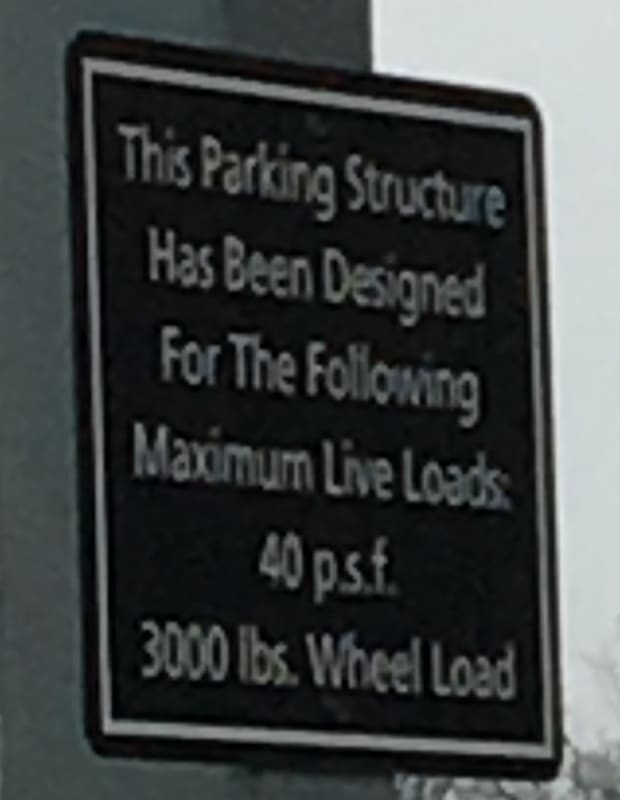Forensic74
Structural
- Aug 2, 2011
- 232
Does anyone have any good references that talk about proper winter maintenance practices on parking garages? Specifically regarding how to address the weight of deicer/plow trucks? I find that the weight of deicer trucks will typically exceed code loading, and I am curious as to how the code anticipated top decks be plowed and deiced.

